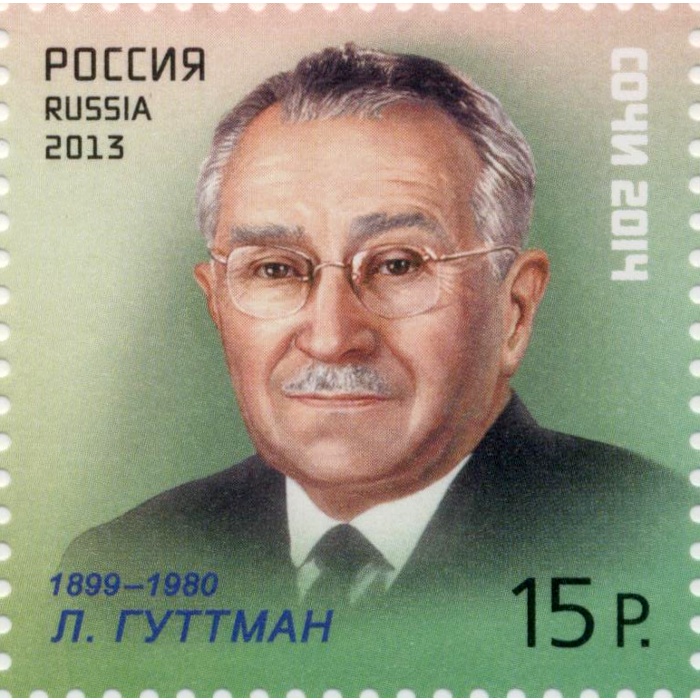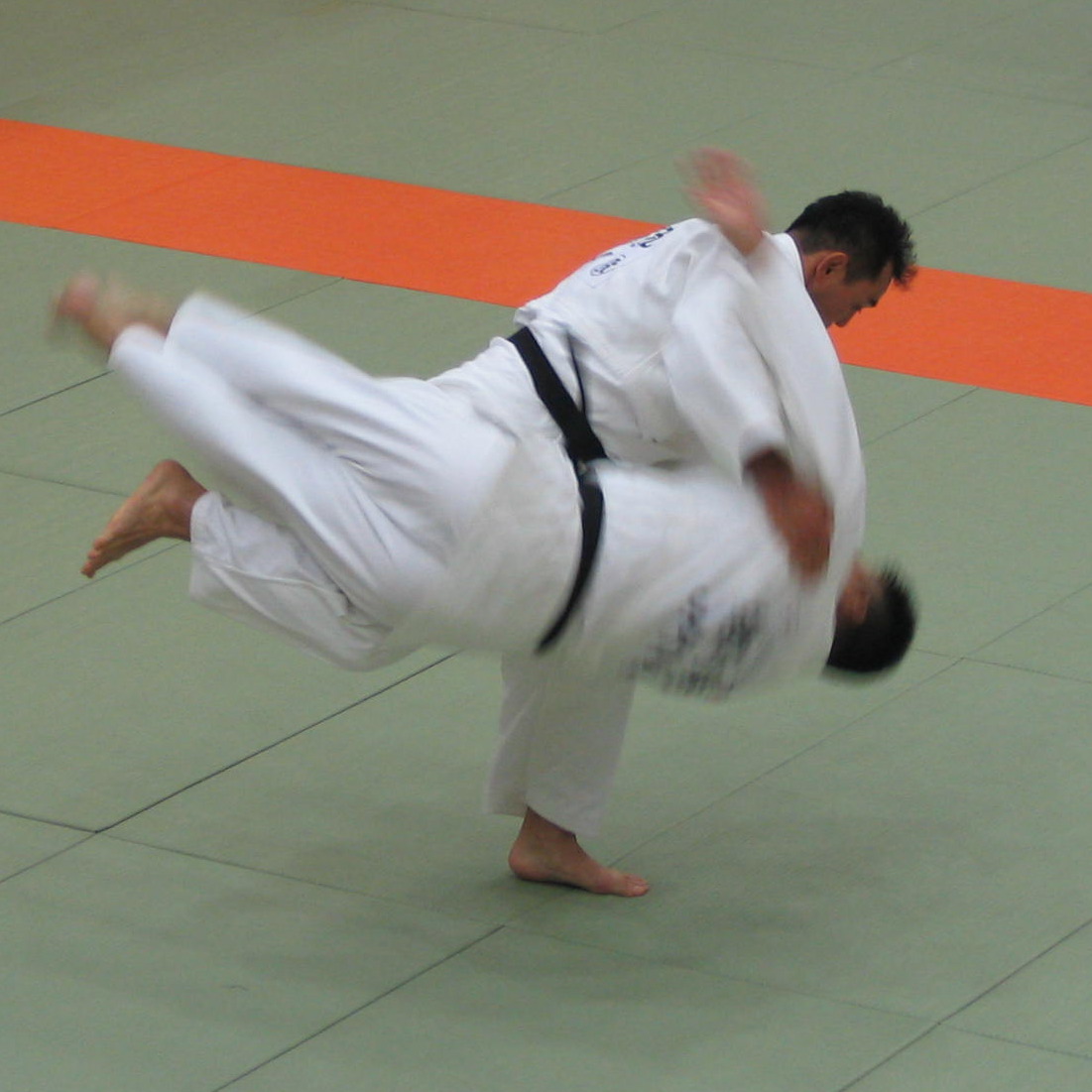|
Jorge Lencina
Jorge Daniel Lencina (born March 26, 1976, in Córdoba) is a retired male judoka from Argentina. He claimed the bronze medal in the Men's Bantamweight (– 60 kg) division at the 1995 Pan American Games in Mar del Plata. Lencina represented his native country in three consecutive Summer Olympics The Summer Olympic Games (french: link=no, Jeux olympiques d'été), also known as the Games of the Olympiad, and often referred to as the Summer Olympics, is a major international multi-sport event normally held once every four years. The inau ..., starting in 1996. He competed in the Paralympic Games in 2008 and 2012. References External links * 1976 births Living people Argentine male judoka Judoka at the 1995 Pan American Games Judoka at the 1999 Pan American Games Judoka at the 1996 Summer Olympics Judoka at the 2000 Summer Olympics Judoka at the 2004 Summer Olympics Olympic judoka of Argentina Paralympic judoka of Argentina Pan American Games bronze medalis ... [...More Info...] [...Related Items...] OR: [Wikipedia] [Google] [Baidu] |
Córdoba, Argentina
Córdoba () is a city in central Argentina, in the foothills of the Punilla Valley, Sierras Chicas on the Primero River, Suquía River, about northwest of Buenos Aires. It is the capital of Córdoba Province, Argentina, Córdoba Province and the List of cities in Argentina by population, second most populous city in Argentina after Buenos Aires, with about 1.3 million inhabitants according to the 2010 census. It was founded on 6 July 1573 by Jerónimo Luis de Cabrera, who named it after Córdoba, Spain. It was one of the early Spanish colonial capitals of the region that is now Argentina (the oldest city is Santiago del Estero, founded in 1553). The National University of Córdoba is the oldest university of the country. It was founded in 1613 by the Society of Jesus, Jesuit Order. Because of this, Córdoba earned the nickname ''La Docta'' ("the learned"). Córdoba has many historical monuments preserved from Spanish colonization of the Americas, Spanish colonial rule, espe ... [...More Info...] [...Related Items...] OR: [Wikipedia] [Google] [Baidu] |
Argentina
Argentina (), officially the Argentine Republic ( es, link=no, República Argentina), is a country in the southern half of South America. Argentina covers an area of , making it the second-largest country in South America after Brazil, the fourth-largest country in the Americas, and the eighth-largest country in the world. It shares the bulk of the Southern Cone with Chile to the west, and is also bordered by Bolivia and Paraguay to the north, Brazil to the northeast, Uruguay and the South Atlantic Ocean to the east, and the Drake Passage to the south. Argentina is a federal state subdivided into twenty-three provinces, and one autonomous city, which is the federal capital and largest city of the nation, Buenos Aires. The provinces and the capital have their own constitutions, but exist under a federal system. Argentina claims sovereignty over the Falkland Islands, South Georgia and the South Sandwich Islands, and a part of Antarctica. The earliest recorded human prese ... [...More Info...] [...Related Items...] OR: [Wikipedia] [Google] [Baidu] |
Paralympic Judoka Of Argentina
The Paralympic Games or Paralympics, also known as the ''Games of the Paralympiad'', is a periodic series of international multisport events involving athletes with a range of physical disabilities, including impaired muscle power and impaired passive range of movement, limb deficiency, leg length difference, short stature, hypertonia, ataxia, athetosis, vision impairment and intellectual impairment. There are Winter and Summer Paralympic Games, which since the 1988 Summer Olympics in Seoul, South Korea, are held almost immediately following the respective Olympic Games. All Paralympic Games are governed by the International Paralympic Committee (IPC). The Paralympics has grown from a small gathering of British World War II veterans in 1948 to become one of the largest international sporting events by the early 21st century. The Paralympics has grown from 400 athletes with a disability from 23 countries in Rome 1960, where they were proposed by doctor Antonio Maglio, to 4,520 ... [...More Info...] [...Related Items...] OR: [Wikipedia] [Google] [Baidu] |
Olympic Judoka Of Argentina
Olympic or Olympics may refer to Sports Competitions * Olympic Games, international multi-sport event held since 1896 ** Summer Olympic Games ** Winter Olympic Games * Ancient Olympic Games, ancient multi-sport event held in Olympia, Greece between 776 BC and 393 AD * Wenlock Olympian Games, a forerunner of the modern Olympic Games, held since 1850 * Olympic (greyhounds), a competition held annually at Brighton & Hove Greyhound Stadium Clubs and teams * Adelaide Olympic FC, a soccer club from Adelaide, South Australia * Fribourg Olympic, a professional basketball club based in Fribourg, Switzerland * Sydney Olympic FC, an Australian soccer club * Olympic Club (Barbacena), a Brazilian football club based in Barbacena, Minas Gerais state * Olympic Mvolyé, a Cameroonian football club based in Mvolyé * Olympic Club (Egypt), a football and sports club based in Alexandria * Blackburn Olympic F.C., an English football club based in Blackburn, Lancashire * Rushall Olympic F. ... [...More Info...] [...Related Items...] OR: [Wikipedia] [Google] [Baidu] |
Judoka At The 2004 Summer Olympics
is an unarmed gendai budō, modern Japanese martial art, Olympic sport (since 1964), and the most prominent form of jacket wrestling competed internationally.『日本大百科全書』電子版【柔道】(CD-ROM version of Encyclopedia Nipponica, "Judo"). Judo was created in 1882 by Kanō Jigorō () as an eclectic martial art, distinguishing itself from its predecessors (primarily Tenjin Shin'yō-ryū, Tenjin Shinyo-ryu jujutsu and Kitō-ryū jujutsu) due to an emphasis on "randori" (, lit. 'free sparring') instead of "kata" (pre-arranged forms) alongside its removal of striking and weapon training elements. Judo rose to prominence for its dominance over Kodokan–Totsuka rivalry, established jujutsu schools in tournaments hosted by the Tokyo Metropolitan Police Department (警視庁武術大会, ''Keishicho Bujutsu Taikai''), resulting in its adoption as the department's primary martial art. A judo practitioner is called a , and the judo uniform is called . The objective of co ... [...More Info...] [...Related Items...] OR: [Wikipedia] [Google] [Baidu] |
Judoka At The 2000 Summer Olympics
is an unarmed modern Japanese martial art, Olympic sport (since 1964), and the most prominent form of jacket wrestling competed internationally.『日本大百科全書』電子版【柔道】(CD-ROM version of Encyclopedia Nipponica, "Judo"). Judo was created in 1882 by Kanō Jigorō () as an eclectic martial art, distinguishing itself from its predecessors (primarily Tenjin Shinyo-ryu jujutsu and Kitō-ryū jujutsu) due to an emphasis on "randori" (, lit. 'free sparring') instead of " kata" (pre-arranged forms) alongside its removal of striking and weapon training elements. Judo rose to prominence for its dominance over established jujutsu schools in tournaments hosted by the Tokyo Metropolitan Police Department (警視庁武術大会, ''Keishicho Bujutsu Taikai''), resulting in its adoption as the department's primary martial art. A judo practitioner is called a , and the judo uniform is called . The objective of competitive judo is to throw an opponent, immobilize them wi ... [...More Info...] [...Related Items...] OR: [Wikipedia] [Google] [Baidu] |
Judoka At The 1996 Summer Olympics
is an unarmed modern Japanese martial art, Olympic sport (since 1964), and the most prominent form of jacket wrestling competed internationally.『日本大百科全書』電子版【柔道】(CD-ROM version of Encyclopedia Nipponica, "Judo"). Judo was created in 1882 by Kanō Jigorō () as an eclectic martial art, distinguishing itself from its predecessors (primarily Tenjin Shinyo-ryu jujutsu and Kitō-ryū jujutsu) due to an emphasis on "randori" (, lit. 'free sparring') instead of " kata" (pre-arranged forms) alongside its removal of striking and weapon training elements. Judo rose to prominence for its dominance over established jujutsu schools in tournaments hosted by the Tokyo Metropolitan Police Department (警視庁武術大会, ''Keishicho Bujutsu Taikai''), resulting in its adoption as the department's primary martial art. A judo practitioner is called a , and the judo uniform is called . The objective of competitive judo is to throw an opponent, immobilize them wi ... [...More Info...] [...Related Items...] OR: [Wikipedia] [Google] [Baidu] |
Judoka At The 1999 Pan American Games
is an unarmed modern Japanese martial art, Olympic sport (since 1964), and the most prominent form of jacket wrestling competed internationally.『日本大百科全書』電子版【柔道】(CD-ROM version of Encyclopedia Nipponica, "Judo"). Judo was created in 1882 by Kanō Jigorō () as an eclectic martial art, distinguishing itself from its predecessors (primarily Tenjin Shinyo-ryu jujutsu and Kitō-ryū jujutsu) due to an emphasis on "randori" (, lit. 'free sparring') instead of "kata" (pre-arranged forms) alongside its removal of striking and weapon training elements. Judo rose to prominence for its dominance over established jujutsu schools in tournaments hosted by the Tokyo Metropolitan Police Department (警視庁武術大会, ''Keishicho Bujutsu Taikai''), resulting in its adoption as the department's primary martial art. A judo practitioner is called a , and the judo uniform is called . The objective of competitive judo is to throw an opponent, immobilize them with ... [...More Info...] [...Related Items...] OR: [Wikipedia] [Google] [Baidu] |
Judoka At The 1995 Pan American Games
is an unarmed gendai budō, modern Japanese martial art, Olympic sport (since 1964), and the most prominent form of jacket wrestling competed internationally.『日本大百科全書』電子版【柔道】(CD-ROM version of Encyclopedia Nipponica, "Judo"). Judo was created in 1882 by Kanō Jigorō () as an eclectic martial art, distinguishing itself from its predecessors (primarily Tenjin Shin'yō-ryū, Tenjin Shinyo-ryu jujutsu and Kitō-ryū jujutsu) due to an emphasis on "randori" (, lit. 'free sparring') instead of "kata" (pre-arranged forms) alongside its removal of striking and weapon training elements. Judo rose to prominence for its dominance over Kodokan–Totsuka rivalry, established jujutsu schools in tournaments hosted by the Tokyo Metropolitan Police Department (警視庁武術大会, ''Keishicho Bujutsu Taikai''), resulting in its adoption as the department's primary martial art. A judo practitioner is called a , and the judo uniform is called . The objective of co ... [...More Info...] [...Related Items...] OR: [Wikipedia] [Google] [Baidu] |
Argentine Male Judoka
Argentines (mistakenly translated Argentineans in the past; in Spanish (masculine) or (feminine)) are people identified with the country of Argentina. This connection may be residential, legal, historical or cultural. For most Argentines, several (or all) of these connections exist and are collectively the source of their being ''Argentine''. Argentina is a multiethnic and multilingual society, home to people of various ethnic, religious, and national origins, with the majority of the population made up of Old World immigrants and their descendants. As a result, Argentines do not equate their nationality with ethnicity, but with citizenship and allegiance to Argentina. Aside from the indigenous population, nearly all Argentines or their ancestors immigrated within the past five centuries. Among countries in the world that have received the most immigrants in modern history, Argentina, with 6.6 million, ranks second to the United States (27 million), and ahead of other immigr ... [...More Info...] [...Related Items...] OR: [Wikipedia] [Google] [Baidu] |
Living People
Related categories * :Year of birth missing (living people) / :Year of birth unknown * :Date of birth missing (living people) / :Date of birth unknown * :Place of birth missing (living people) / :Place of birth unknown * :Year of death missing / :Year of death unknown * :Date of death missing / :Date of death unknown * :Place of death missing / :Place of death unknown * :Missing middle or first names See also * :Dead people * :Template:L, which generates this category or death years, and birth year and sort keys. : {{DEFAULTSORT:Living people 21st-century people People by status ... [...More Info...] [...Related Items...] OR: [Wikipedia] [Google] [Baidu] |



